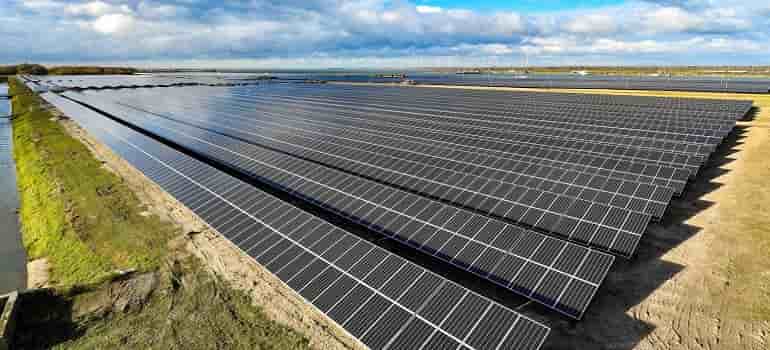
Rajasthan government recently launched solar power scheme to generate income for farmers from their infertile land. The state government floated proposal requesting applications for setting up plants with capacity ranging from 0.5 to 2 MW, this would also benefit the discoms, and fulfill a long-standing demand of small solar power developers.
As per the scheme under the Centre’s Kusum programme, the farmers who have no money to invest, they can also lease out the land to private developers and receive an annual income.
An official in Rajasthan Renewable Energy Corporation speaking to TOI said “This is part of the decentralized power generation strategy where the plants would be located within 5 km of a substation and the power can be fed into the grid with a minimal or no transmission loss.”
As of now the government has not finalized the rates at which it will be buying the power from the farmers or developers. However, the report citing sources said that it would be around Rs 3.14 per unit.
The rate is higher compared to the lowest price of Rs 2.44 per units discovered through competitive bidding.
The official in the RRECL speaking to the publication said that since power during the day time is not adequately available for rural customers, these plants will meet the shortfall. He added “Since the plants would be closer to the sub-station, the transmission losses would be negligent. Moreover, the small power developers who were unable to participate in the big projects will get work. As a result, it will create new employment opportunities for local people.”
“ Kusum is the game changer for health of Rajasthan’s discoms as it will reduce losses substantially. The MSMEs and farmers of Rajasthan are looking to change their lives by investing in green energy and this will change their social life as they will be able to get day power,” said Sunil Bansal, chairman, MSME panel of National Solar Energy Federation of India to the publication.
According to the report the state government is planning to offer 500 MW which would translate into hundreds of projects, however the Centre has approved 325 MW under the scheme.

